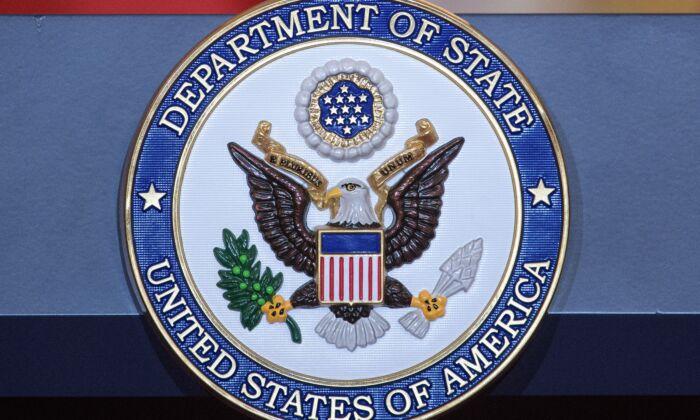The United States and India signed a pact to share sensitive satellite and map data on Tuesday as U.S. Secretary of State Mike Pompeo warned of the threat posed by the increasingly aggressive behavior of the Chinese regime.
U.S. Secretary of State Michael Pompeo and Secretary of Defense Dr. Mark Esper held third annual bilateral talks with their Indian counterparts in New Delhi on Tuesday to counter the threat the Chinese Communist regime posed to security and freedom.
The U.S.-India strategic dialogue comes at a time of heightened tension in the region, with Indian troops confronting Chinese forces on their disputed Himalayan border, where tens of thousands of soldiers have been engaged in a standoff since May.
The new defense pact—the Basic Exchange and Cooperation Agreement on Geospatial Cooperation—was a “significant milestone” that would foster cooperation between the militaries of both countries, Esper told the news conference.
The United States planned to sell more fighter planes and drones to India, Esper said. The pact will give India access to a range of topographical, nautical, and aeronautical data that is considered vital for targeting missiles and armed drones.
It would also allow the United States to provide advanced navigational aids and avionics on U.S.-supplied aircraft to India, an Indian defense source said.
“Our leaders, and our citizens, see with increasing clarity that the Chinese Communist Party is no friend to democracy, the rule of law, transparency, nor to freedom of navigation, the foundation of a free and open, prosperous Indo-Pacific,” Pompeo said.
Indian Foreign Minister Subrahmanyam Jaishankar said at the press conference that today it is particularly important to uphold a rules-based international order. “Together we can make a real difference when it comes to regional and global challenges, whether it is in respecting territorial integrity, promoting maritime domain awareness, counterterrorism, or creating prosperity,” he added.

Pompeo and Esper paid tribute to Indian troops killed in defense of their country, including 20 who were killed by the Chinese army earlier this year in an incident with China.
U.S.-India Cooperation Potential

India has favorable conditions for “shifting production in the global supply chains in the wake of the disruptions due to the pandemic,” Singh said at the press conference.
“We invited original equipment manufacturers, other companies from the USA, to invest in India,” as the country has “very substantial requirements” in defense which can sustain investments for a long period of time, he added. In addition to the export of goods and services, India proposed the development of maintenance and repair facilities for American equipment that would serve the entire region, Sing said.
Significant progress has also been made in energy partnerships including the project to build six nuclear reactors at a nuclear power plant in India by American company Westinghouse Electric, the four ministers said in the statement.
The United States also reaffirmed its continued strong support for India’s permanent membership in a reformed United Nations Security Council as well as for India’s early entry into the Nuclear Suppliers Group (NSG), according to the joint statement.
Agreements have also been signed between the two countries on cooperation in health science. An Indian research institution in the field of Ayurveda will cooperate with U.S. medical research and health institutions, according to the joint statement.





